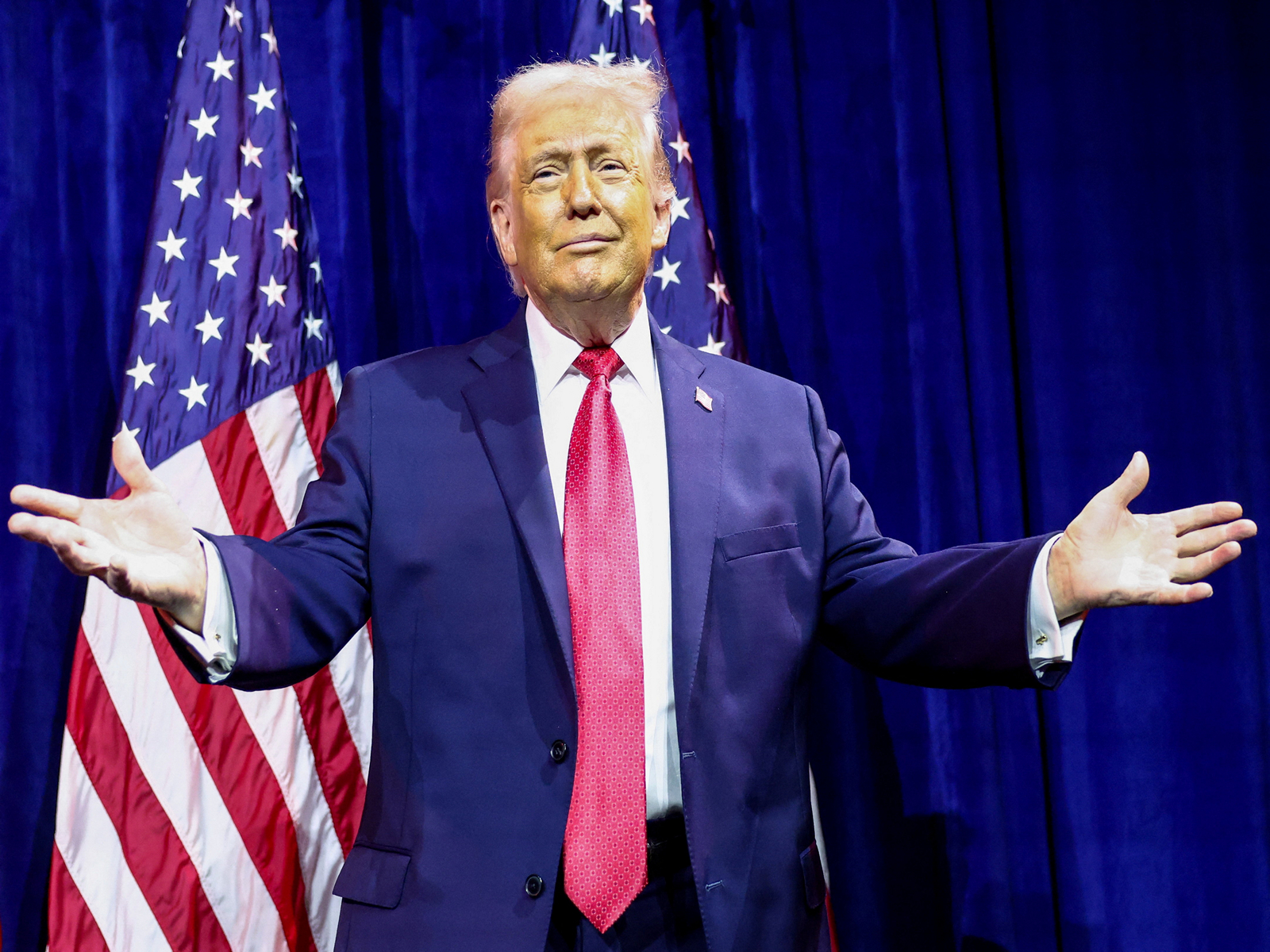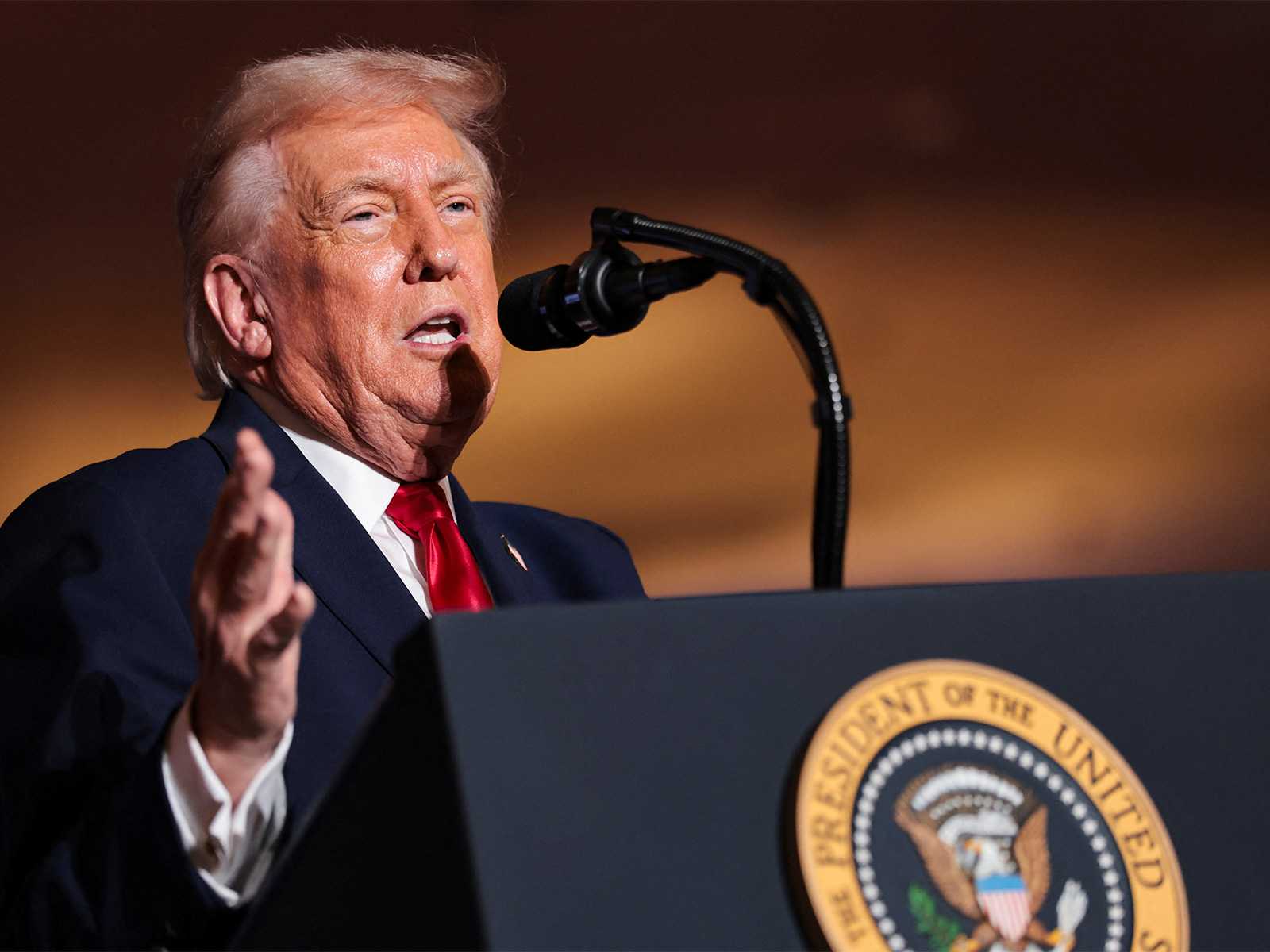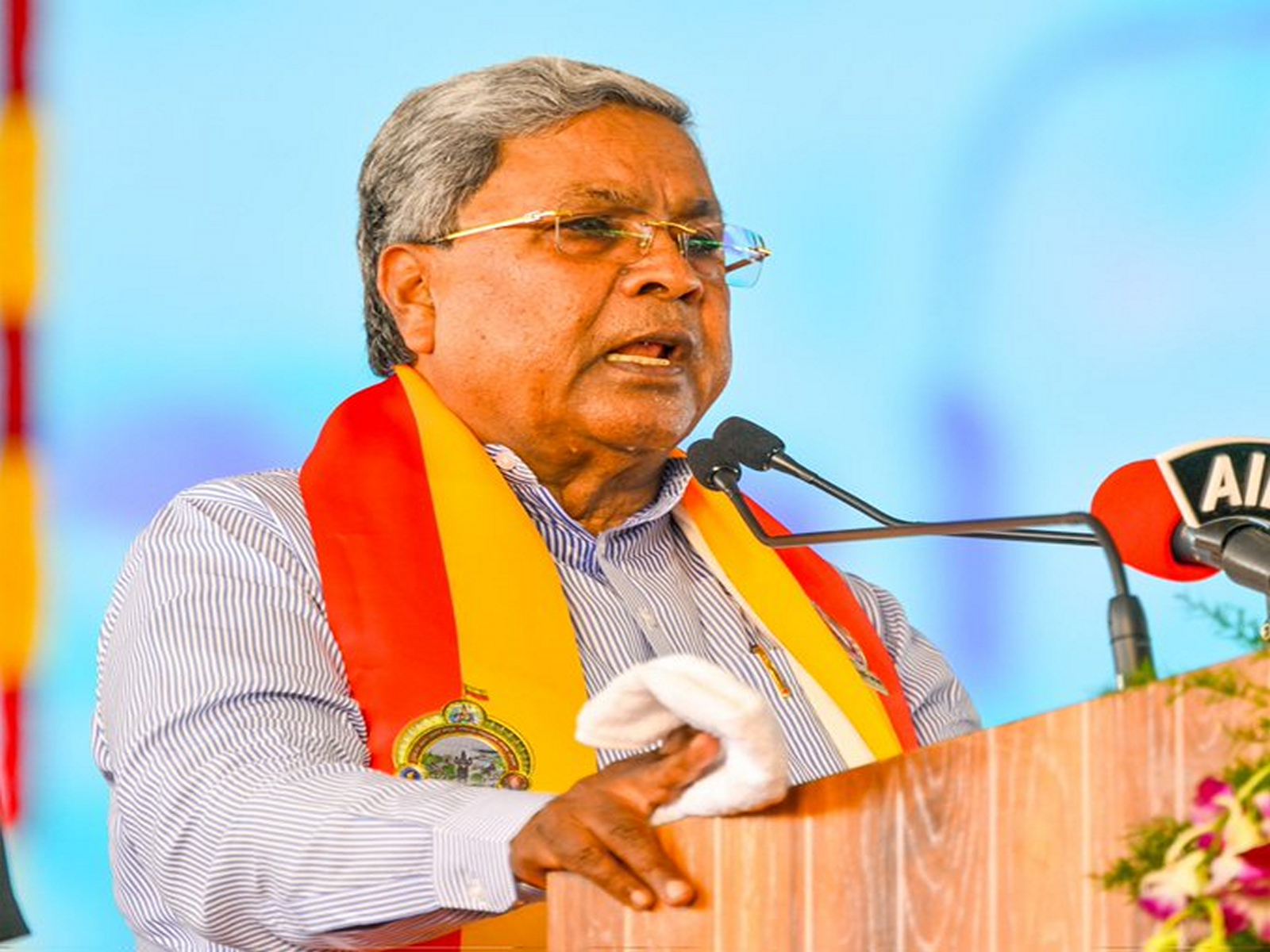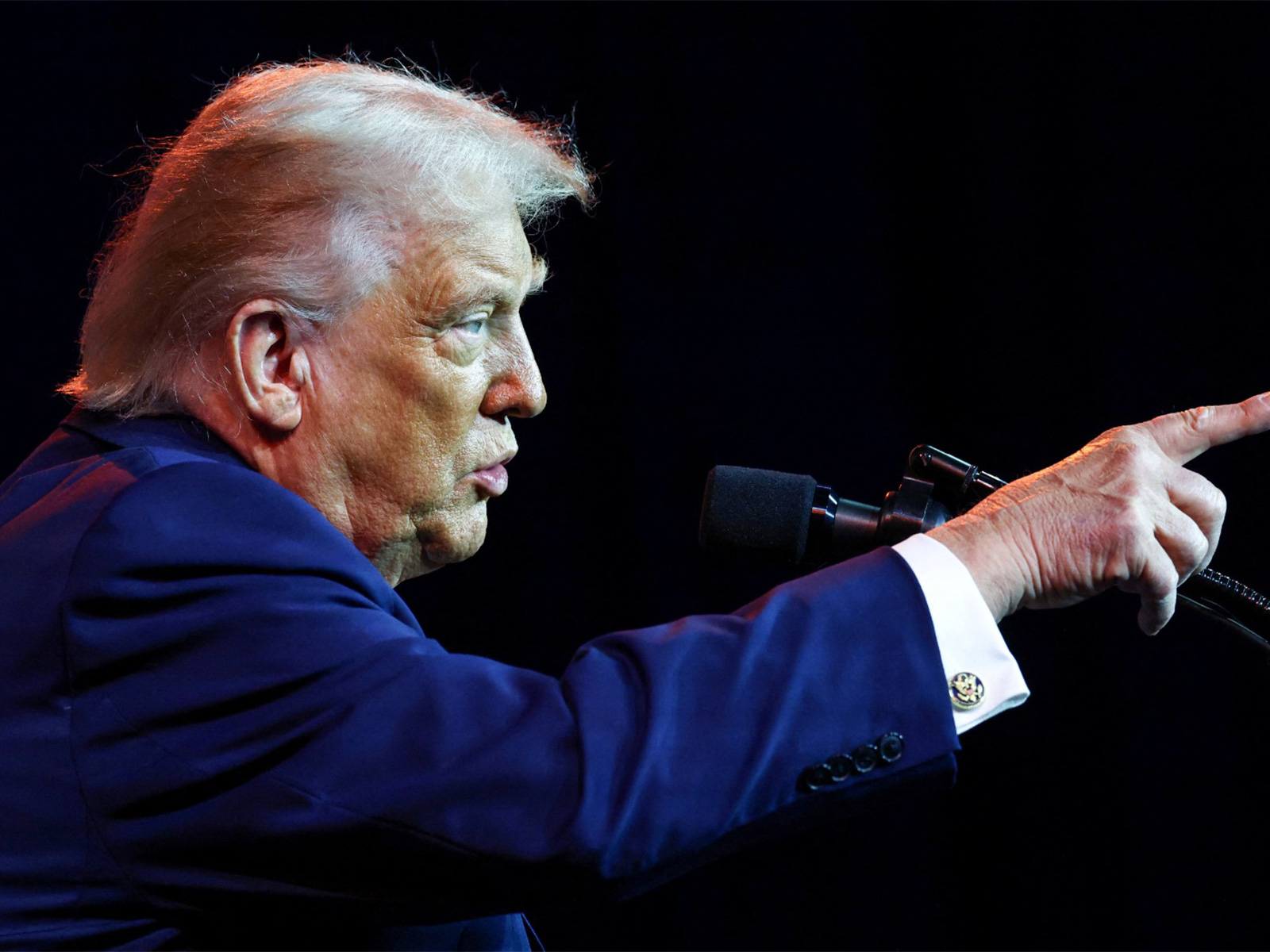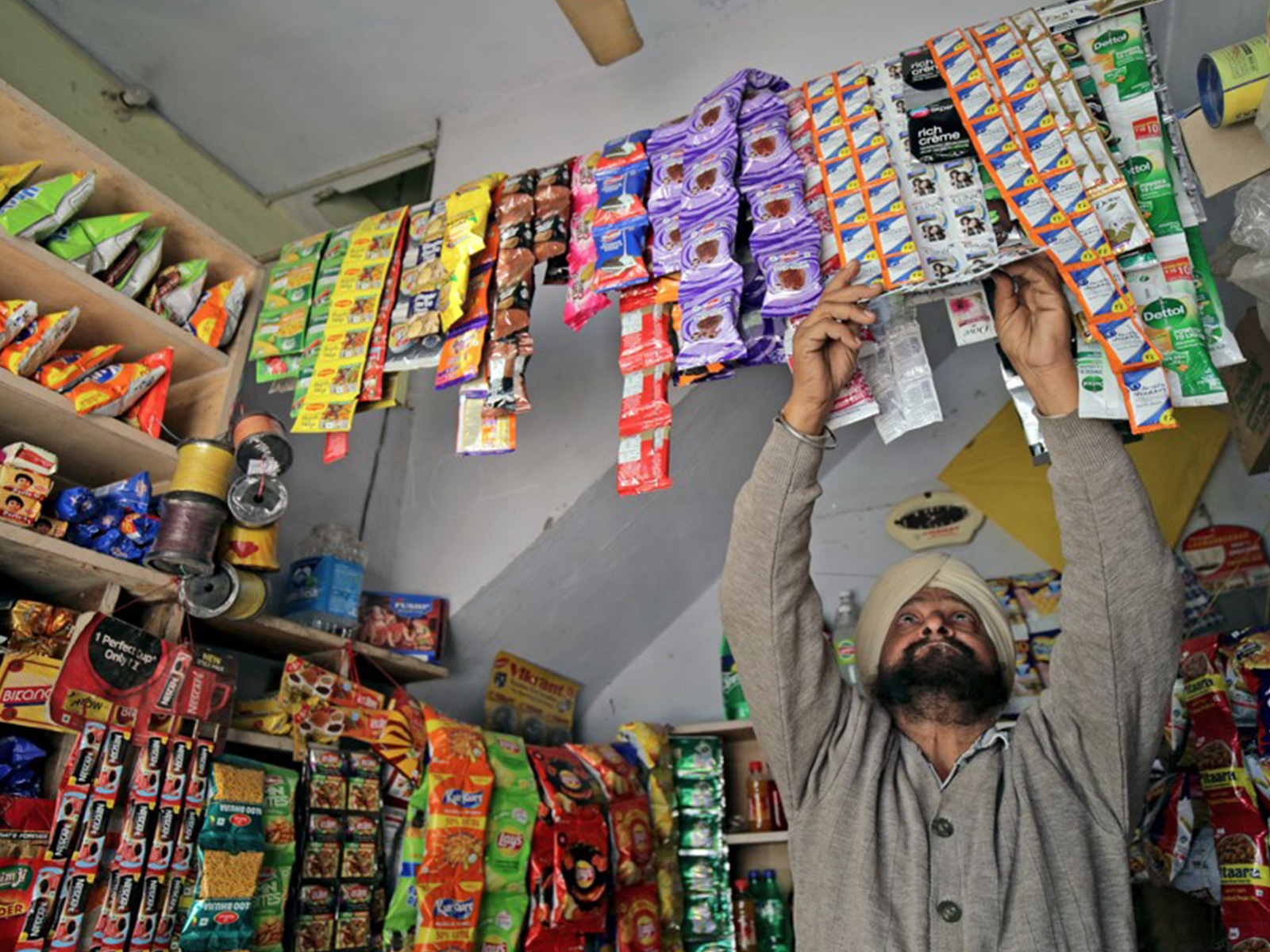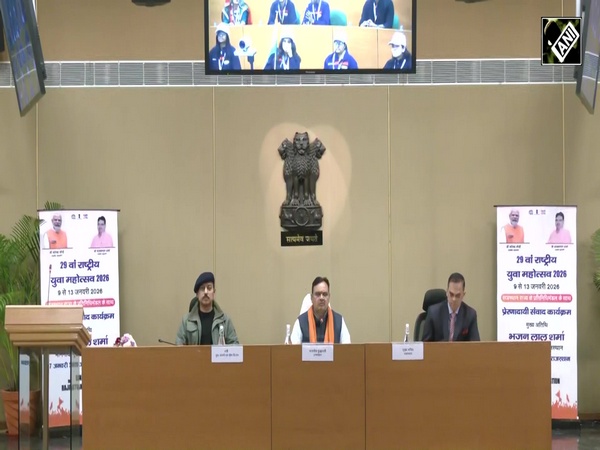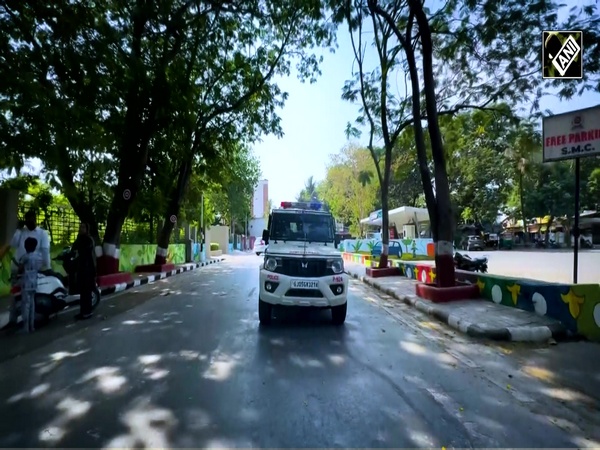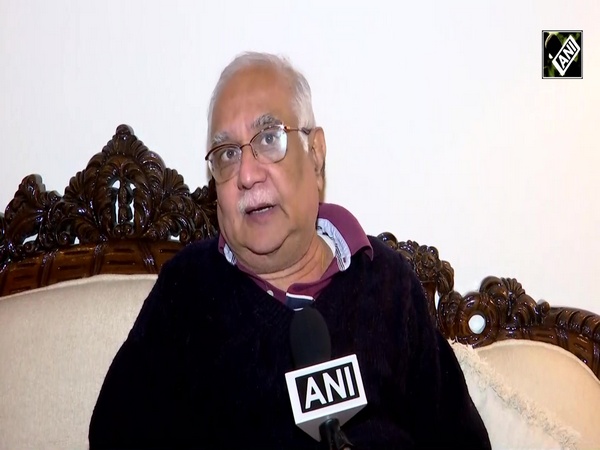Soft power diplomacy of China in shreds amid pandemic
Dec 26, 2020

Beijing [China], December 26 : Beijing's soft power diplomacy in education is dented in coronavirus pandemic as thousands of young people are waiting to hear if they will be allowed back into the country to continue their studies.
This has affected developing countries' foreign students the most, particularly the African students, reported South China Morning Post (SCMP).
Thousands of foreign students who left China in the first wave of the coronavirus pandemic are facing hardships and uncertainty, with no word from Beijing as to when they will be able to return to their universities, said Kinling Lo, who wrote an article for SCMP discovering the plight of such students.
China has been a popular study destination, with good quality, affordable education - and a generous availability of scholarships for developing countries students.
The number of government-funded international students increased almost six-fold over the past 10 years, according to data from the education ministry. In 2016, 40 per cent of all new international students received sponsorships from the Chinese government, reported SCMP.
Kinling Lo too cited data published in June last year which reported the official number of overseas students in China to 492, 000 in 2018 and the target for admission to be achieved by China was 500,000 in 2020, amply describing the focus of China in soft power diplomacy.
However, the opportunity has now turned into misfortune for overseas students as many students are still languishing in their respective countries waiting for their cancelled visas to be approved to re-enter China to complete their courses.
Beijing had cancelled all visas in March, as it introduced countrywide restrictions to curb the spread of the pandemic, reported SCMP.
Meanwhile, 6500 international students signed an online petition calling on China to open its borders to them. They have also organised a campaign on social media, using the hashtag #TakeUsBackToChina, wrote Kinling Lo.
The aggrieved overseas students also blamed China for back and forth entry policies for foreign arrivals from different countries.
"They have allowed business travellers ... why not us? Now we know we mean nothing to [China]," said an anonymous student.
Of 10 students who spoke to the South China Morning Post for this article, fewer than half had received official notification from their schools that the spring term would include online classes for foreign students. There has been no official or centralised announcement from the Chinese government.
Meanwhile, China hailed its stringent entry requirements as the reason for its success in containing the virus, but this has been achieved at the cost of its soft power diplomacy, said Kinling Lo.


